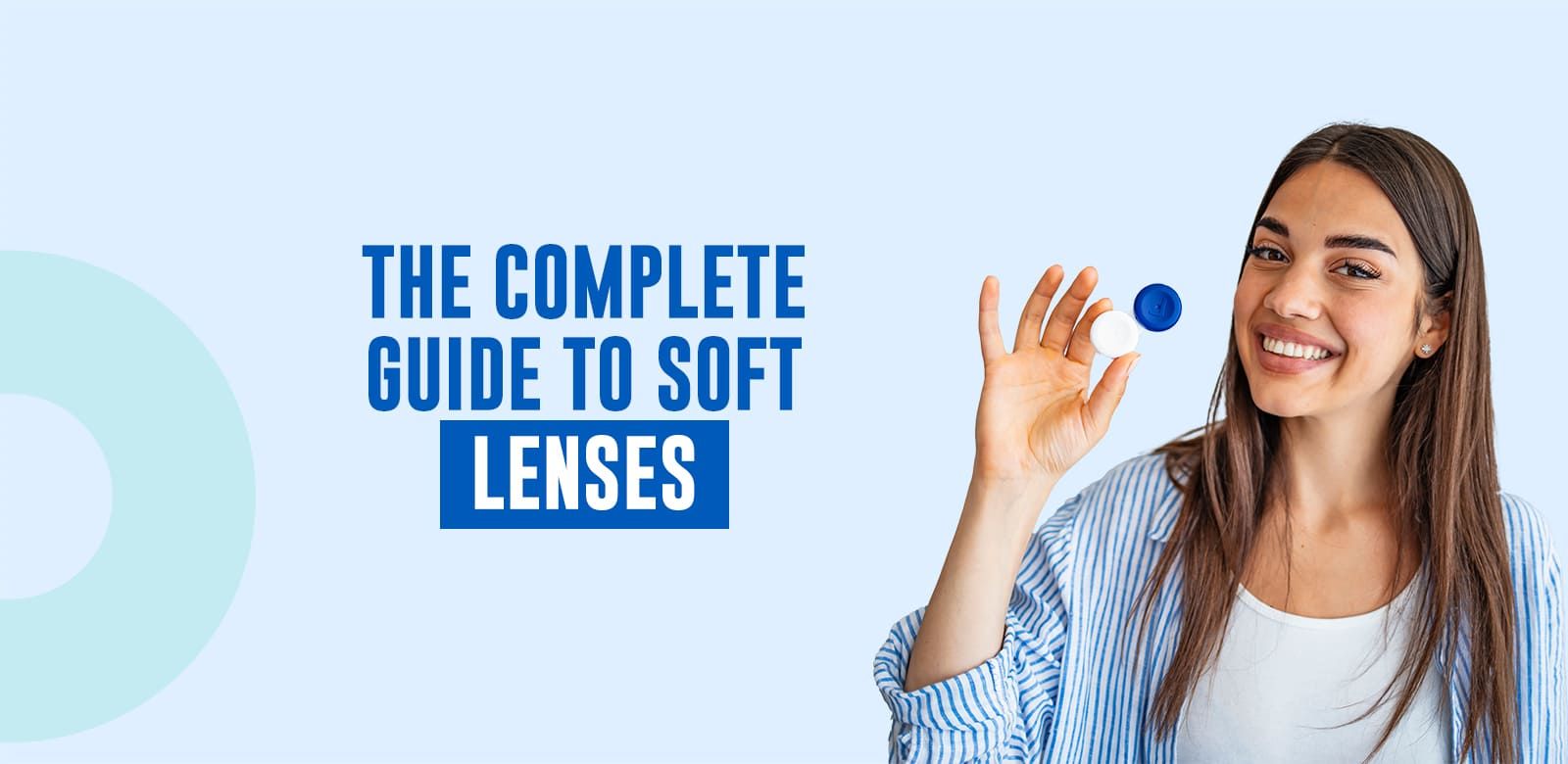

Have you ever heard of soft lenses and wondered what they are and how they differ from hard lenses?
Soft lenses, unlike rigid lenses, are made from flexible and hydrophilic materials, offering optimal wearing comfort. This makes them an ideal solution for all lens wearers seeking comfort. In this article, we will explore what these lenses are and how they can transform your visual experience.
The history
The first soft lenses were developed in the 1970s by chemist Otto Wichterle, revolutionizing the optics industry. Before their introduction, rigid lenses, often uncomfortable and difficult to adjust, were the only available option on the market. Mr. Wichterle developed a technology that made contact lenses easier to wear and more comfortable.
Materials used in soft lenses
These lenses are primarily made from two types of materials:
-
Hydrogels: These materials contain a high percentage of water, allowing the lenses to remain soft and comfortable. They provide good oxygen permeability, essential for eye health.
-
Silicone-hydrogel: This is a more advanced version of hydrogels, as these lenses offer even higher oxygen permeability. This reduces the risk of eye complications and allows for prolonged, even continuous, wear.
Benefits
-
Comfort and adaptability: One of the main advantages of soft lenses is their comfort. Their flexibility allows for quick adaptation and less eye irritation. They are ideal for people with sensitive eyes or those who find rigid options uncomfortable.
-
Ease of use: These lenses are generally easier to handle and insert than rigid ones. Their flexible nature makes them less likely to damage.
-
Variety of corrections: There are soft contact lenses to treat all conditions, whether for myopia, hyperopia, astigmatism, or even presbyopia. All lens wearers will find their match.
Tips for wearing and maintaining soft contact lenses
-
Strict hygiene: Always wash and dry your hands before handling lenses.
-
Regular cleaning: Use an appropriate cleaning solution such as those from Biotrue, Opti-Free, or Renu to disinfect and store your prodproperly.
-
Respect wearing times: Follow the recommended duration advised by your optician.
-
Regular check-ups: Have regular check-ups with your ophthalmologist to ensure your eyes are healthy and your lenses are still suitable for your vision.
Thanks to technological advances, soft contact lenses have become a top choice for all lens wearers. Whether you have an active lifestyle, work long hours in front of a screen, or simply seek a practical alternative to glasses, these lenses can greatly improve your quality of life.
To learn more and find the lenses that best suit you, check out our products available at Linsenmax.





